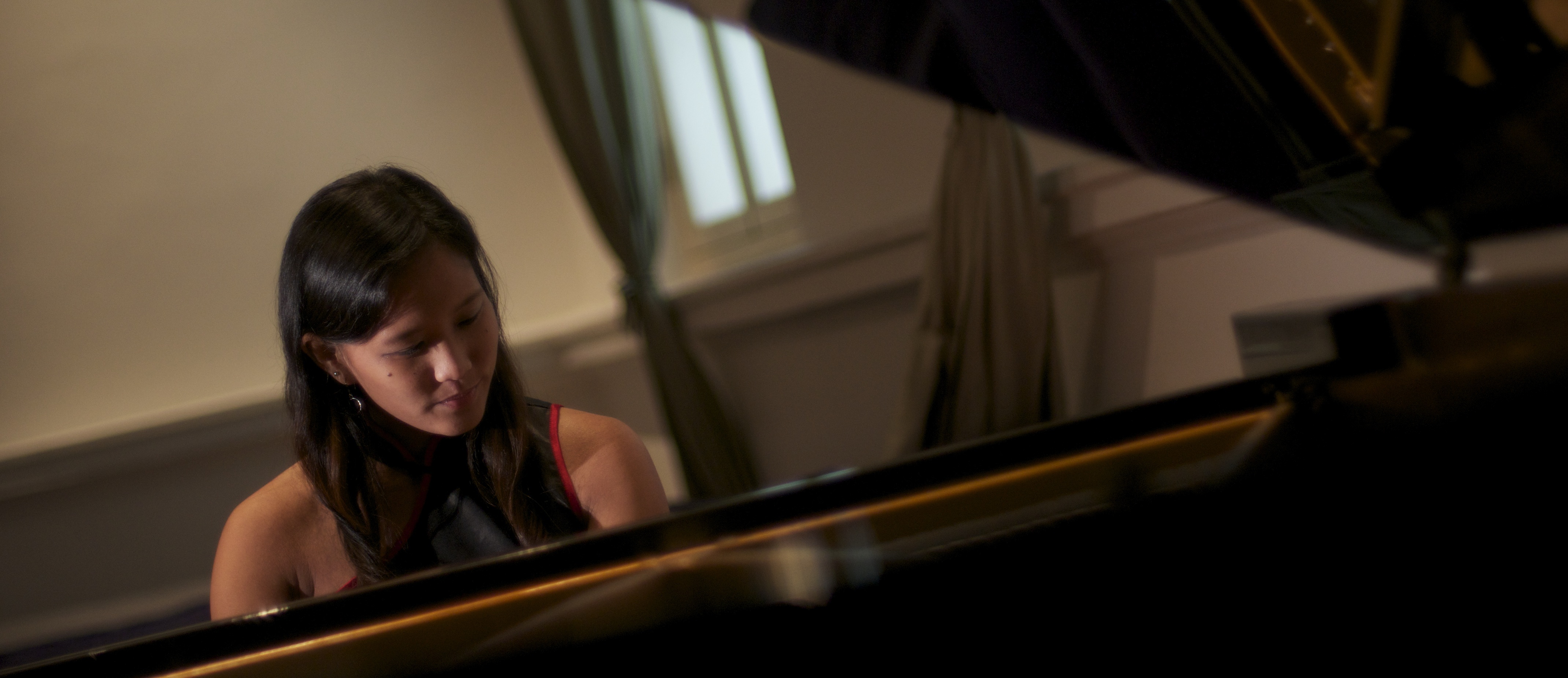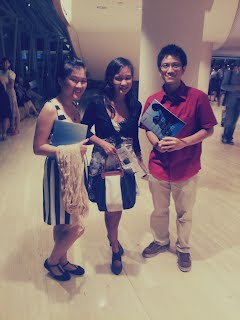I once asked a violist, “How would you feel if someone told you that you played like a violinist? Would you see it as a compliment or otherwise?” He chuckled and thought for a while, before replying, “if that person meant the freedom in playing, then yes, but otherwise perhaps not…” he trailed off, and left it hanging.
Yuri Bashmet and the Moscow Soloists
25 May 2012
Esplanade Concert Hall
This concert was part of the Asian leg of the ensemble’s ambitious World Tour, in celebration and commemoration of their twentieth anniversary. Supported by international energy group Gazprom, these musicians were not only having fun touring the world – they were also doing a good deed; proceeds from ticket sales would be used to support the Singapore Repertory Theatre’s Student Education Fund. As the orchestra filed onto stage, I noticed that it was rather male-dominated, with only three ladies.
The Mozart was light and delectable. Bashmet had picked a slightly faster tempo than most conductors would, but that only seemed to add to the lightness and buoyancy of the music. Having never seen Bashmet conduct before, I was surprised to learn that he was one of those who believed that conducting with his bare hands was more effective than using a baton. Bashmet was very economical with his conducting (and I was later to learn, with his playing too), there was no swaying or flowery gestures. The familiarity of the musicians with each other and with Bashmet was apparent, they responded very well to his every single stroke or flick of his wrist, creating the perfect balance of sound and energy.
Bashmet then reappeared on stage with his Testore 1758, to gasps and cheers from the audience. Waving, no, swinging his bow to provide the tempo, the ensemble launched into the opening bars of the Paganini concertino. His viola sang demurely at times and unabashedly at other times, as if proving to Paganini himself and everyone else that violas, too, can play virtuosically and deserve to share in the limelight reserved almost exclusively for violinists. Bashmet played with his eyes glued to the music as though sight-reading (and I suspect he really was!), standing firmly with his feet apart and practically motionless otherwise. The music that came forth from his viola, however, had such a warm personality and a full-bodied tone! The role of orchestra director was passed between Bashmet and the concert master, who held the ensemble together when he (literally) had his hands full. The ensemble seemed to be veering out of control at some fast passages in the third movement, sometimes even overpowering Bashmet, but they seemed to regain control almost immediately.
Bashmet took back the reins as conductor for the Rossini, and the ensemble sounded much better with him at the helm. If there are two things that the Moscow Soloists can do exceptionally well, it is to, despite their small size, produce such a beautifully sonorous mass of sound that resonates all the way to the top of the concert hall, and to play diminuendos until niente, leaving the audience straining their ears and wondering if there is any sound left. The third movement in particular was wonderfully memorable, with some delightful interwoven lines between a solo cello, double bass, and violin.
‘Does being Russian help one play Russian music better?’ I mused as I watch the orchestra settle back in after the intermission. The next two works on the programme were by Russian composers, the Souvenir di Florence by Tchaikovsky, not before Stravinsky’s Russian Song. Beginning tentatively as if tiptoeing quietly, Bashmet’s viola got bolder as it broke out into a joyful Russian folk dance, and ended as discreetly as it began.
Leaving the best and biggest for the last, the ensemble impressed by breezing through the faster passages with charm and ease. The loving conversations in the second movement between solo instruments, while accompanied by the light pizzicato of strings, was especially sweet. The last movement required some very good bow-handling skills, which the Moscow Soloists demonstrated with precision and poise, driving the work to a triumphant end, dazzling the audience while at it.
More cheers and standing ovations ensued, and the audience got more – a teasing, comical Polka by Schnittke, ending with a whoop from the ensemble. After thanking the audience and speaking about the tour, Bashmet said “And now we play some unfamous composer’s work…” in heavily-accented English and proceeded to conduct the ensemble as they played the Happy Birthday tune. Pausing after the tune ended, they then played it again in a number of variations, from polka to waltz, then Argentine tango (in minor key) to American tango (with its characteristic tango rhythms and a sunny major disposition), and finally, a Czardas! [*update* Mingyen has just identified the encore as the Happy Birthday Variations by Peter Heidrich]
Here’s wishing Yuri Bashmet and the Moscow Soloists the warmest birthday greetings, and more fun-filled years of music-making ahead! Happy 20th anniversary!
***
Congratulations to the winners of the Ticket Giveaway Contest, Tan Wen-Yi (left) and Joshua Koo (right)! I believe they enjoyed the concert as much as I did (:


